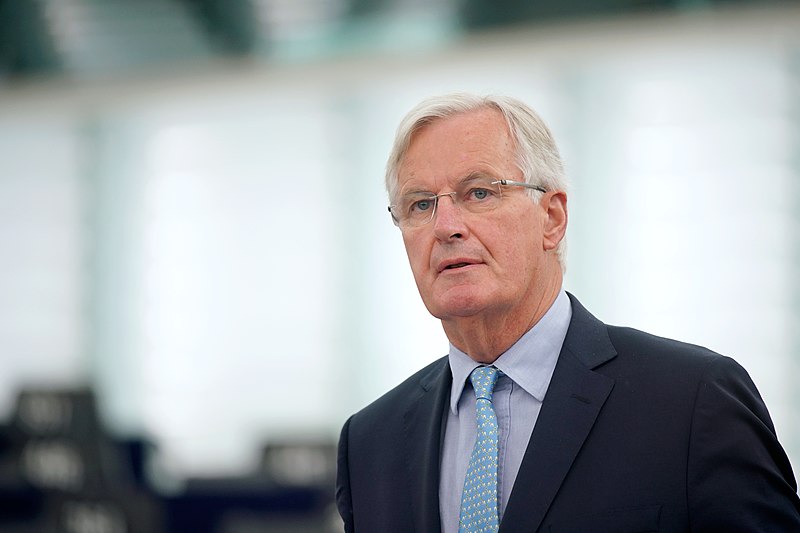
France's newly appointed Prime Minister, Michel Barnier, is considering a temporary increase in corporate taxes for the country's largest companies, as well as a levy on share buybacks,
according to a report from Le Monde on Sunday. These measures are part of an effort to address a significant budget shortfall in public finances.
Barnier, who took office earlier this month, is already grappling with a growing fiscal crisis. Tax revenues have fallen short of expectations, while government spending has exceeded projections, placing France’s financial stability at risk. This situation threatens the country's standing in financial markets, where borrowing costs have surged, and with its European Union partners.
By the Numbers
Le Monde reports that the 2025 budget could feature an 8.5 percentage point increase in corporate taxes for companies with annual revenues of at least €1 billion ($1.1 billion). This temporary measure could potentially generate €8 billion in revenue in 2025. Additionally, a tax on share buybacks is under consideration.
Context
The new government, however, faces a significant hurdle in pushing through the budget: it lacks a parliamentary majority. Even among governing parties, there is no consensus on whether tax hikes should be part of the solution.
The previous administration had aimed to reduce the fiscal deficit to 3% of GDP by 2027. However, weaker-than-expected tax revenues and rising expenditures have made that target increasingly unattainable.
Barnier is under pressure to finalize the 2025 draft budget within days, as he must submit it to lawmakers by mid-October at the latest.
The Response
As of now, neither the prime minister’s office nor the finance ministry has provided any official comment on the proposed measures. Photo by European Parliament from EU, Wikimedia commons.








































